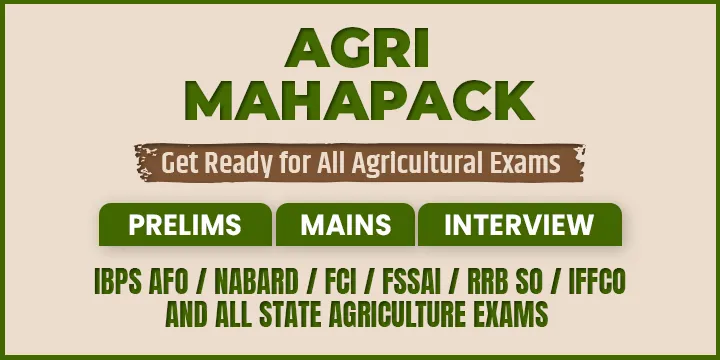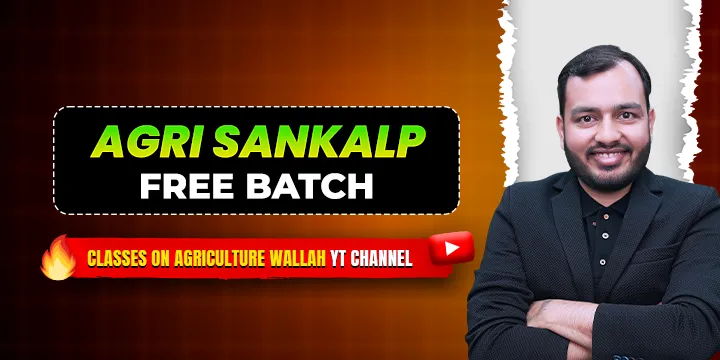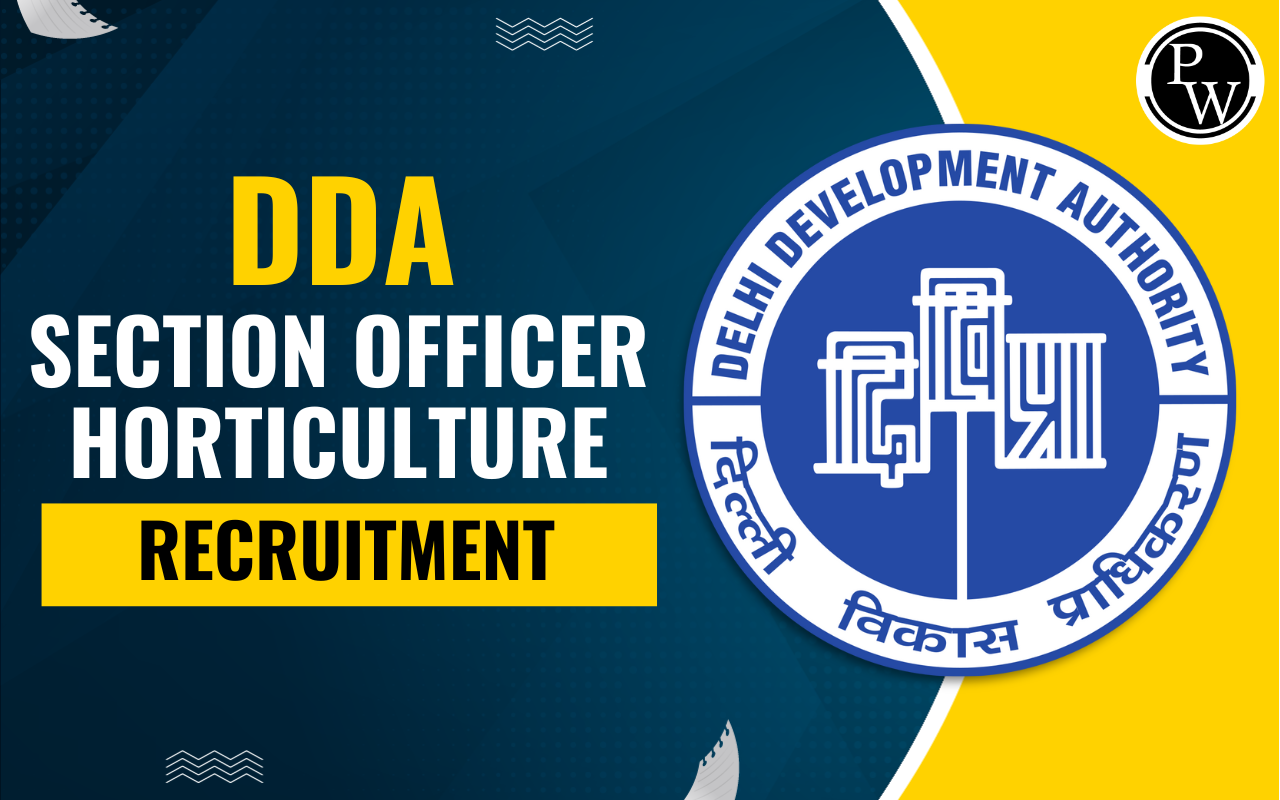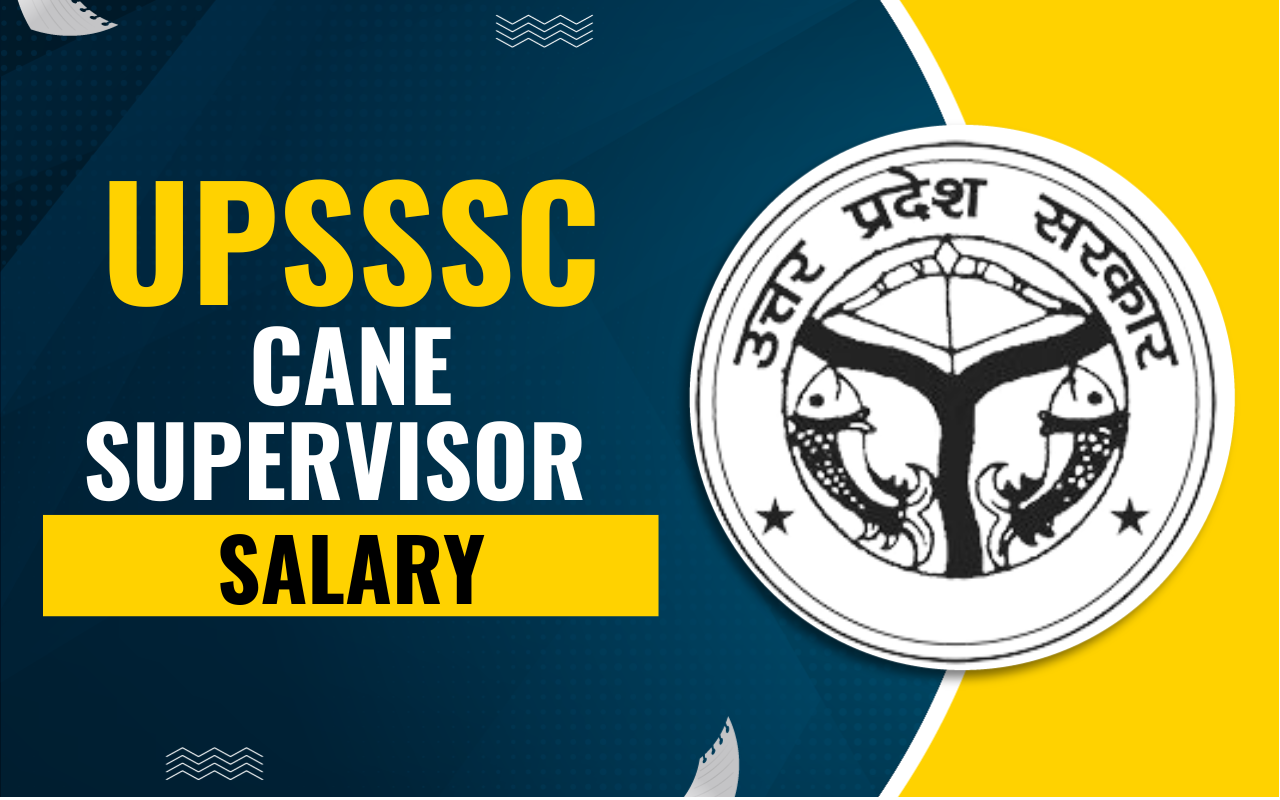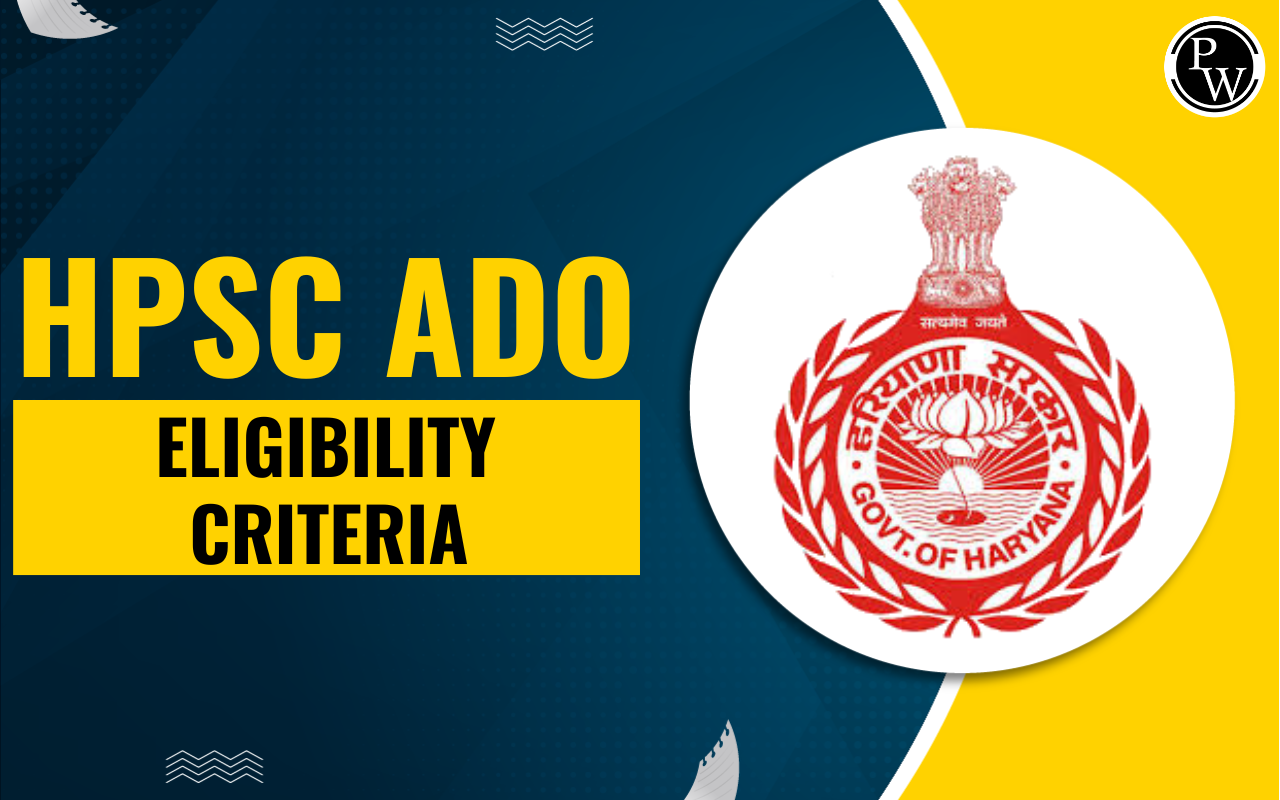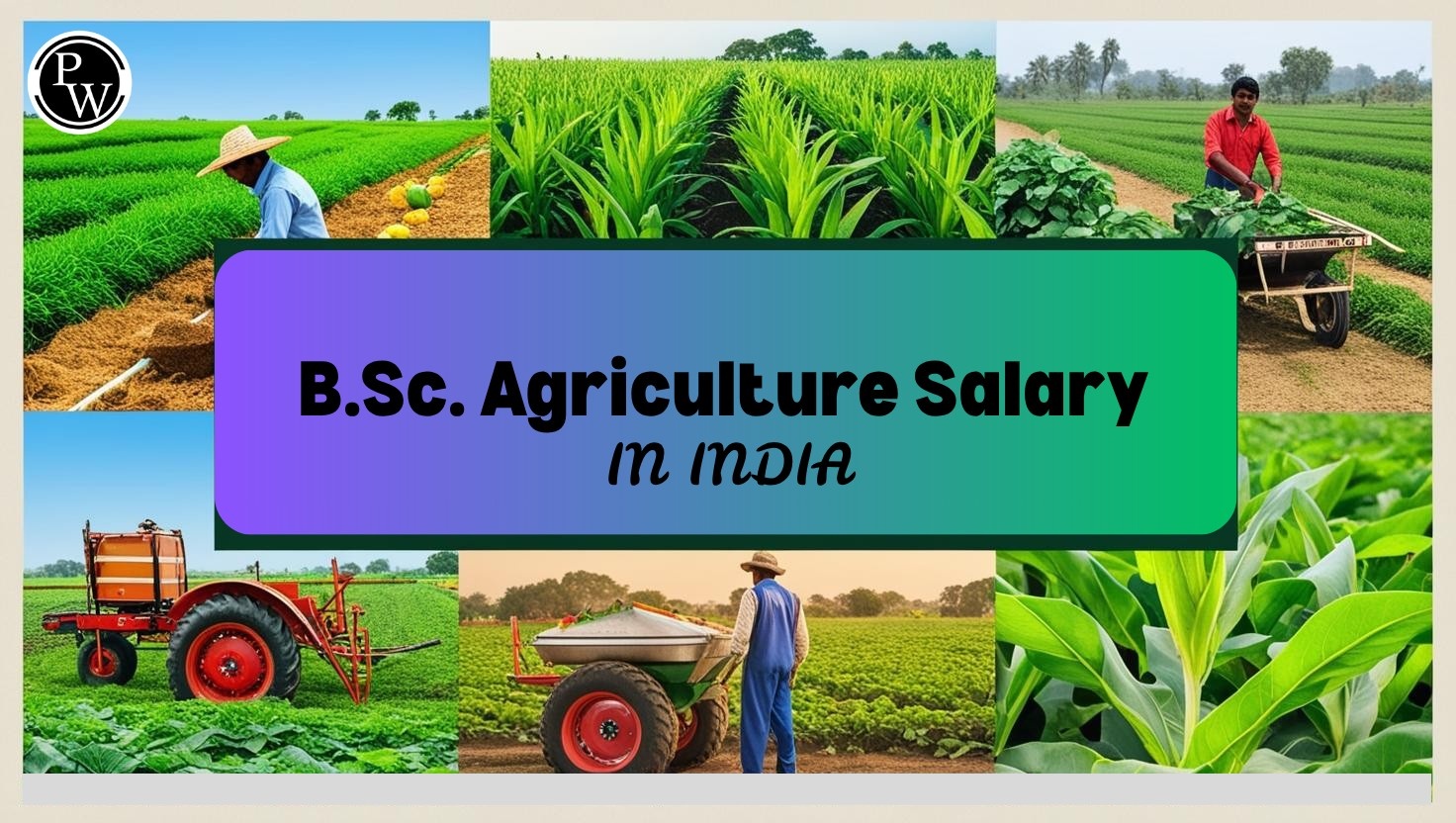
FSSAI Syllabus 2025: The Food Safety and Standards Authority of India (FSSAI) will conduct a Computer-Based Test (CBT) for various posts. The FSSAI Exam Pattern 2025 is divided into two main parts: General Aptitude and Computer Literacy, which are common for every post. This section covers General Intelligence, General Awareness, English Language, and the Functional Knowledge Test. The Functional Knowledge Test section assesses job-specific knowledge relevant to the position.
FSSAI Mains Syllabus for Technical Officer and Central Food Safety Officer
Below is the detailed discussion about the syllabus of different posts in FSSAI, so we will discuss one by one and have a deep understanding of it.
Principles of Food Preservation, Processing, and Packaging
-
Food Processing Operations, Principles, Good Manufacturing Practices
-
Overview of food preservation methods and their underlying principles, including novel and emerging methods/principles
-
Overview of food packaging methods and principles, including novel packaging materials/techniques
-
Principles and Basics of Food Chemistry and Their Role in Human Nutrition
Structure and functions of macro- and micronutrients
-
Role of macro and micronutrients in human nutrition
-
Overview of food additives to their technological functions
-
Overview of anti-nutritional factors and their removal from foods
-
Overview of enzymes as food processing aids
-
Overview of nutraceuticals and functions of foods
-
Overview of food contaminants and adulterants and their effects on human health
-
Food allergens and allergenicity
-
Importance of diet in alleviating health risks, especially non-communicable diseases
-
Food Microbiology & General Principles of Food Hygiene
-
General Principles of food microbiology and an overview of food-borne pathogens
-
Overview of sources of microorganisms in the food chain (raw materials, water, air, equipment, etc.) and microbiological quality of foods
-
Microbial food spoilage and Foodborne diseases.
-
General principles and techniques in microbiological examination of foods.
FSSAI CBT 2 Mains Syllabus for Assistant Manager (IT)
The post of assistant manager (IT) at FSSAI needs a different approach to the syllabus
Computer Science and Information Technology
Digital Logic
-
Logic Functions: Understanding basic logic gates (AND, OR, NOT, NAND, NOR, XOR, XNOR) and how they are used to implement logical operations.
-
Minimization: Techniques to simplify Boolean expressions and logic circuits, such as Karnaugh maps and the Quine-McCluskey method.
-
Design and Synthesis of Combinational and Sequential Circuits: Creating circuits that perform specific functions (adders, multiplexers, encoders, decoders for combinational; flip-flops, counters, registers for sequential).
-
Number Representation and Computer Arithmetic: Different ways to represent numbers (binary, octal, hexadecimal, BCD), and arithmetic operations in computers, including both fixed-point and floating-point representations
Computer Organization and Architecture
-
Machine Instruction and Addressing Modes: Types of instructions (data movement, arithmetic, control) and ways to access operands (immediate, direct, indirect, indexed).
-
ALU and Data-path: Structure and function of the Arithmetic Logic Unit and how data flows within the CPU.
-
CPU Control Design: How control units manage the execution of instructions (hardwired vs. microprogrammed control).
-
Memory Interface: How the CPU communicates with memory, including timing and control signals.
-
I/O Interface (Interrupt and DMA Mode): Methods for handling input/output, including interrupt-driven and Direct Memory Access (DMA) techniques.
-
Instruction Pipelining: Overlapping instruction execution to improve CPU throughput.
-
Cache and Main Memory: Hierarchical memory organization, cache mapping techniques, and memory management.
-
Secondary Storage: Principles of storage devices like hard disks, SSDs, and optical drives.
Programming and Data Structure
-
Programming in C: Syntax, data types, operators, control structures, and standard libraries.
-
Functions, Recursion, Parameter Passing, Scopes, Binding: Modular programming, recursive functions, how arguments are passed, variable scope, and binding times.
-
Abstract Data Types: Concepts like stacks, queues, linked lists, trees, and their implementation.
-
Arrays, Stacks, Queues, Linked Lists, Trees, Binary Search Trees, Binary Heaps: Core data structures used for efficient data storage and manipulation.
Algorithms
-
Analysis, Asymptotic Notation: Big O, Big Theta, and Big Omega notations for algorithm complexity.
-
Space and Time Complexity: Measuring and comparing resource usage.
-
Worst and Average Case Analysis: Evaluating performance under different scenarios.
-
Design Approaches: Greedy algorithms, dynamic programming, divide and conquer.
-
Tree and Graph Traversals, Connected Components, Spanning Trees, Shortest Paths: Fundamental algorithms in data structures.
-
Hashing, Sorting, Searching: Techniques for efficient data access and organization.
-
Complexity Classes: Understanding P, NP, NP-Hard, and NP-Complete problems.
Internet & Web Technologies
-
HTML, JavaScript, JSON, AJAX, XML: Web markup and scripting languages for interactive and data-driven web applications.
-
Web Servers: Knowledge of Tomcat, Apache, WAMP, IIS, etc.
-
Server Programming Languages: Java, .NET, PHP.
-
Web Design Tools, API Integration: Tools for front-end and back-end development, integrating third-party services.
-
DNS & Web Hosting: Domain management and hosting basics.
-
Static & Dynamic Web Development: Differences and techniques for both types of web content.
IT Project Management
-
Software Development Life Cycle (SDLC): Phases from requirement analysis to deployment.
-
Requirement Analysis & Engineering, Project Planning & Execution: Gathering requirements, planning, and managing IT projects.
-
Unified Modeling Language (UML), Software Analysis & Design: Modeling and designing software systems.
-
OOP Concepts, Object-Oriented Analysis and Design: Principles of object-oriented programming and system design.
-
Software Change Management, IT Vendor Management: Managing changes and external partners.
-
Client/Server Architecture, Web Application Deployment: System architectures and deploying web-based solutions.
Software Tools & Techniques
-
Content Management System (CMS): Platforms for managing digital content.
-
Software Installation & Configuration: Setting up and maintaining software.
-
Database Management System (DBMS), Database Design, ER Diagrams: Fundamentals of databases and their design.
-
Database Client: Tools for interacting with databases.
Cyber Security and Emerging Technologies
-
Secure Programming Techniques: Writing code to prevent vulnerabilities.
-
OWASP Top 10 Vulnerabilities: Common security risks in web applications.
-
Concepts on IoT, Cloud Technology: Basics of Internet of Things and cloud computing.
FSSAI CBT 2 Mains Syllabus for Assistant Manager
Section-1
Communication theories encompass the concepts and processes underlying communication. This section also covers media laws, ethics, and regulatory frameworks, as well as principles of corporate communication. It addresses writing for both traditional platforms (such as newspapers, magazines, radio, and television) and digital media (including websites, blogs, Twitter, Facebook, etc.). Additionally, it explores the fundamentals of advertising—including key principles, media planning, and campaign development—as well as research methods in advertising, marketing, and public relations.
Section-2
This section deals with work psychology and organizational behavior, community psychology, and the application of psychological principles in mass media and information technology. It examines psychological challenges related to social integration and the role of psychology in economic development. The section also includes an overview of laws concerning social security, industrial relations, and compensation.
Section-3
Topics in this section include library classification systems, various information sources, library services and user needs, and the application of information and communication technology in library settings. It also covers library automation, networking, and essential aspects of library management.
Common Sections for every FSSAI Post
(A) General Aptitude and Computer Literacy
The General Aptitude and Computer Literacy section includes the following areas:
General Intelligence
This section assesses:
-
Verbal and non-verbal reasoning abilities
-
Analogies
-
Identifying similarities and differences
-
Space visualization skills
-
Problem-solving capabilities
-
Analytical thinking, decision-making, and judgment
-
Visual memory
-
Ability to notice and distinguish observations
-
Understanding of relationship concepts
-
Arithmetic reasoning
-
Verbal and figure classification
-
Number series (both arithmetic and non-verbal)
General Awareness
Topics covered under General Awareness include:
-
Current affairs
-
Knowledge about India and its neighboring countries
-
History, culture, geography, and the economic landscape
-
General polity, including the Indian Constitution
-
Sports and scientific research
English Language Comprehension
This section evaluates:
-
Vocabulary
-
Grammar (covering nouns, pronouns, adjectives, verbs, prepositions, conjunctions)
-
Word substitution
-
Antonyms and synonyms
-
Identification of spelling mistakes
-
Error spotting in sentences
-
Usage of idioms and phrases
Computer Literacy
The Computer Literacy portion tests:
-
Basic computer operations and working knowledge
-
Familiarity with MS Office (Word, Excel, PowerPoint) and essential commands
-
Use of Google Docs
-
Email usage
-
Proficiency with common social media platforms such as WhatsApp, Facebook, and Twitter
(B) Functional Knowledge Test
The Functional Knowledge Test will assess understanding in the following domains:
-
Indian and international food laws
-
FSSAI’s roles, functions, and key initiatives
-
Principles of food preservation, processing, and packaging
-
Fundamentals of food chemistry and their significance in human nutrition
-
Food microbiology and essential principles of food hygiene
-
Basic concepts in food analysis and testing
FSSAI Exam Pattern 2025
Candidates are advised to check the updates FSSAI exam pattern to make their preparation better. Familiarity with the latest pattern helps in effective time management and targeted study. Below is the concise table for the same.
|
FSSAI Exam Pattern (CBT Stage 1) Technical Officer, CFSO, Assistant Director (Technical) |
||||
|
Subject |
No. of Questions |
Duration |
Marks per Question |
Negative Marking |
|
General Intelligence |
10 |
4 |
-1 |
|
|
English Language |
10 |
180 minutes |
4 |
-1 |
|
General Awareness |
10 |
4 |
-1 |
|
|
Computer Literacy |
10 |
4 |
-1 |
|
|
Functional Knowledge* |
80 |
4 |
-1 |
|
|
Total |
120 |
180 min |
||
|
FSSAI Exam Pattern Assistant & Junior Assistant Grade-I |
||
|
Subject |
No. of Questions |
Duration |
|
General Intelligence |
20 |
180 minutes |
|
Quantitative Aptitude |
20 |
|
|
English Language |
10 |
|
|
General Awareness |
20 |
|
|
Computer Literacy |
25 |
|
|
FSSAI - Role, Functions, Initiatives (General) |
25 |
|
|
Total |
120 |
180 min |
Aspirants must join Physics Wallah's Join Agriculture Online Courses to boost their readiness for the Agriculture Competitive Examinations. Our courses offer daily live classes, study notes, recorded classes, test series, and more.
FSSAI Syllabus 2025 FAQs
How can I get ready for the FSSAI test?
Has the FSSAI pattern or syllabus changed recently?
What is the FSSAI?
Is there any negative marking for the exam?

